
How Much Money Do Ecommerce Stores Make? (2024)
TL;DR:
- Based on our data, ecommerce stores can make between $350-$13,500,000 per month.
- The average revenue for a successful ecommerce store is $287K per month.
- The highest grossing ecommerce store in our records makes over $162,000,000 per year.
- Ecommerce store owners salaries can vary wildly depending on industry, niche, and size of the business
So you're thinking about starting an ecommerce store?
And now you're wondering how much ecommerce store owners actually make...
Well, let’s dive in!
Here are example of real ecommerce stores and how much money they make - as reported by the founders themselves:
1. OWC (Other World Computing, Inc.) ($162M/year)
Lawrence O'Connor, the founder of OWC, came up with the idea for his business when he realized there was a lack of consistent and reliable solutions in the computer technology industry. He started by offering upgrades and support for Apple products, and through word-of-mouth and strategic advertising, OWC grew to become a trusted source for hardware and software solutions with a solid year-over-year growth rate of 18.4% and over $148 million in revenue in 2020.
How much money it makes: $162M/year
2. BeatBox Beverages ($132M/year)
Justin Fenchel, co-founder and CEO of BeatBox Beverages, came up with the idea to create a party version of boxed wine with his friend Brad Schultz. They noticed the popularity of boxed wine like Franzia, but realized people weren't buying it for the taste, but for the affordability and convenience. Inspired by flavored malt beverages, they decided to create a fun flavored version of boxed wine for millennials. After testing their product at parties and receiving positive feedback, they knew they were onto something. With no prior alcohol industry experience, they navigated the complex laws and manufacturing process to bring their unique product to market. Since launching, they have grown their sales to $2.4 million in 2018 and hit $2 million in revenue in 2019.
How much money it makes: $132M/year

3. SNOW ($60M/year)
Josh Elizetxe, the founder of Snow, came up with the idea for his business after identifying a gap in the oral care market. He wanted to create a company that focused on consumers' cosmetic appearance and offered a range of oral care products. With the goal of providing a luxurious customer experience, Snow has experienced tremendous success, with an estimated $8-10 million in sales expected for December alone.
How much money it makes: $60M/year

4. Hunt A Killer ($60M/year)
Ryan Hogan, co-founder and CEO of Hunt A Killer, came up with the idea for his subscription-based mystery game business after experiencing success and failure in the live event industry. Recognizing the popularity of escape rooms and interactive theater, he pivoted from live events to a subscription box model, immersing members in interactive stories and shipping thousands of episodes each week. With a diverse approach to customer acquisition and a unique sales funnel, Hunt A Killer has seen massive growth in the immersive entertainment space.
How much money it makes: $60M/year
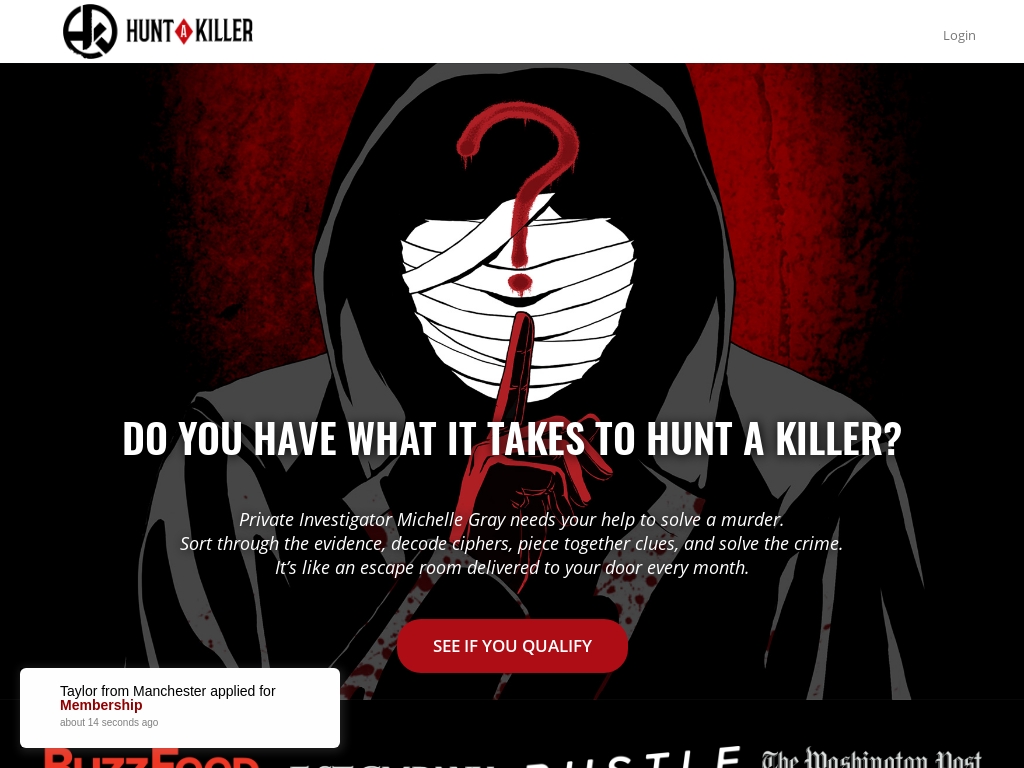
5. Diesel Laptops ($50.4M/year)
Tyler Robertson, founder and CEO of Diesel Laptops, came up with the idea for his business while working at commercial truck dealerships. After seeing the complexity and cost of truck diagnostics, he found a software program in Canada that could make diagnostics easier, and started selling kits on eBay. This side business eventually became Diesel Laptops, a company that offers bundled kits, technical support, and repair information to the diesel industry.
How much money it makes: $50.4M/year
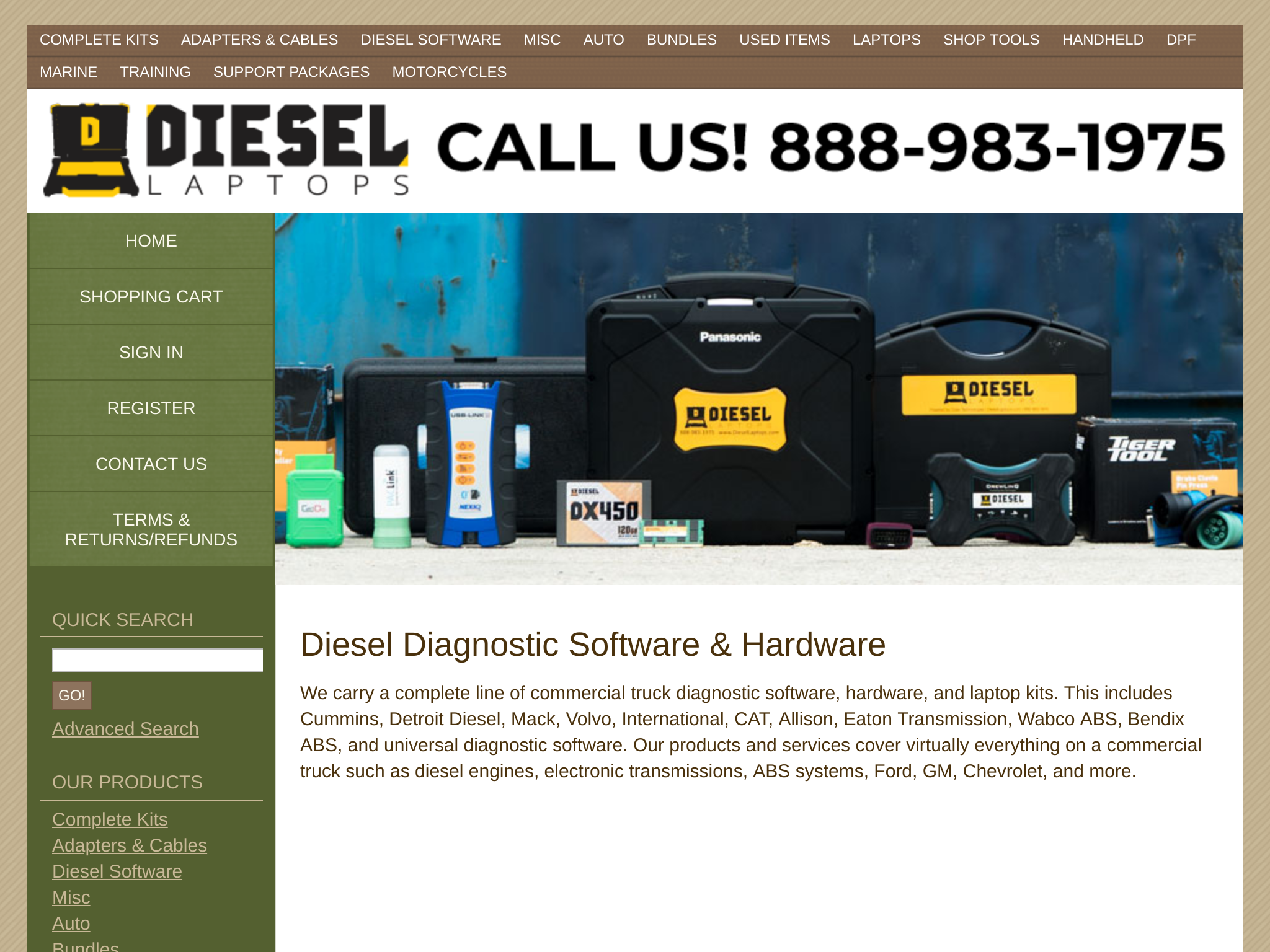
6. Xero Shoes ($48M/year)
Steven Sashen, co-founder and CEO of Xero Shoes, came up with the idea for his business after experiencing the benefits of barefoot running. He designed his own "barefoot sandals" based on ancient designs and started selling DIY sandal making kits. Through online marketing strategies and identifying target customers, Xero Shoes quickly grew into a successful business.
How much money it makes: $48M/year

7. Tediber ($42M/year)
Tediber was founded by the founder and his two co-founders, Juan Pablo and Jean-Christophe, who previously worked on a humanitarian project manufacturing cardboard furniture. After gaining experience in the e-commerce industry, the founders decided to start a high-value product business. They were inspired by Tuft & Needle, an American bed-in-a-box company, and created Tediber, a leading bed-in-box company in France. From their extensive research and prototyping, they developed a mattress that fits the French market's expectation for firm bedding. Since their launch, Tediber has successfully attracted and retained customers through word-of-mouth and a low return rate of 4%.
How much money it makes: $42M/year
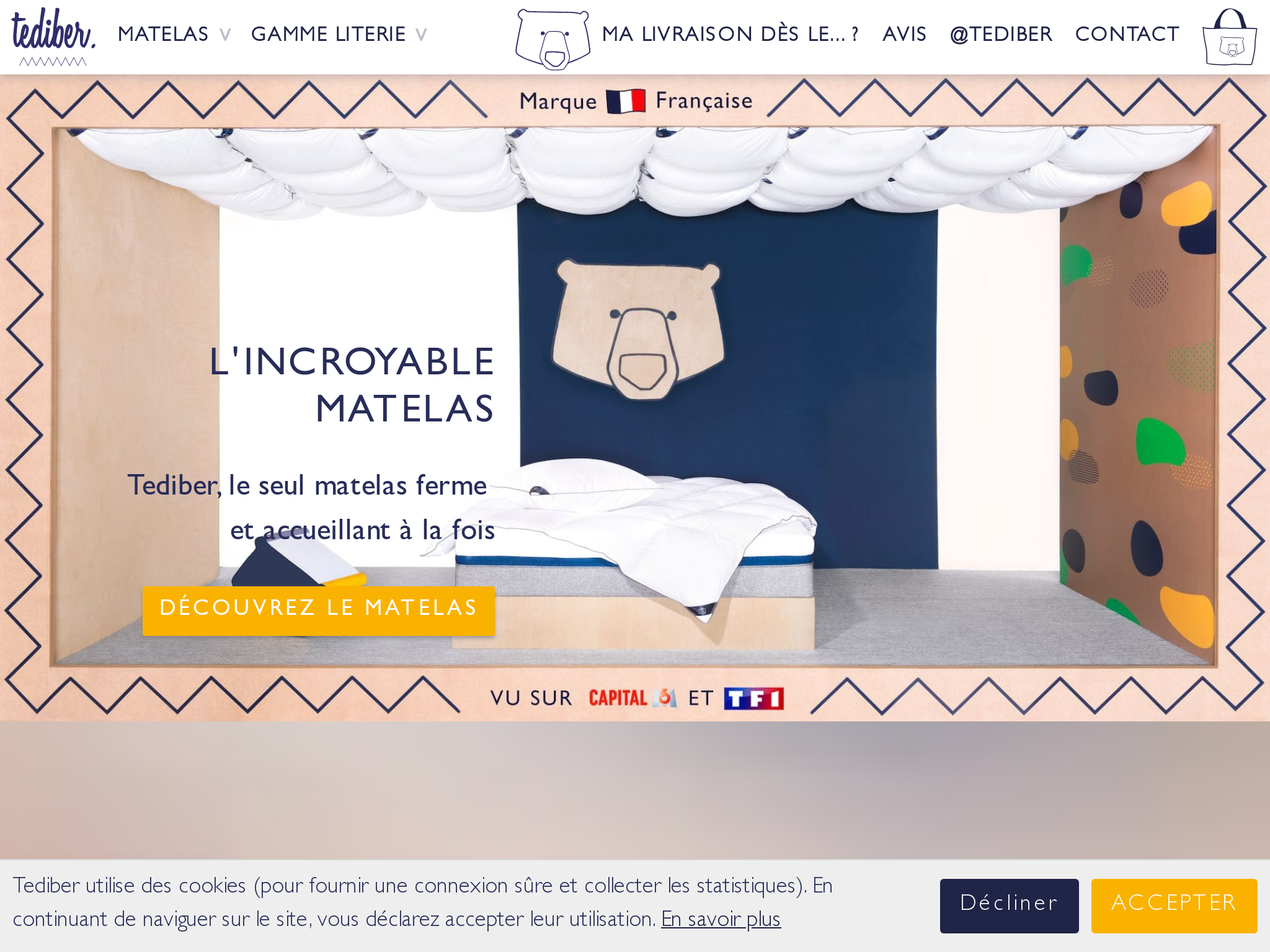
8. Bare Performance Nutrition ($42M/year)
Nick Bare, the founder of Bare Performance Nutrition, came up with the idea for his sports nutrition and health supplement company while studying Nutrition in college and struggling to afford pre-workout supplements. He and his friends decided to make their own, and after realizing the demand for such products, Bare launched his brand while serving in the Army. In its first year, the company made $15,000 in revenue, and now, it is on track to do $6 million in revenue for the year.
How much money it makes: $42M/year
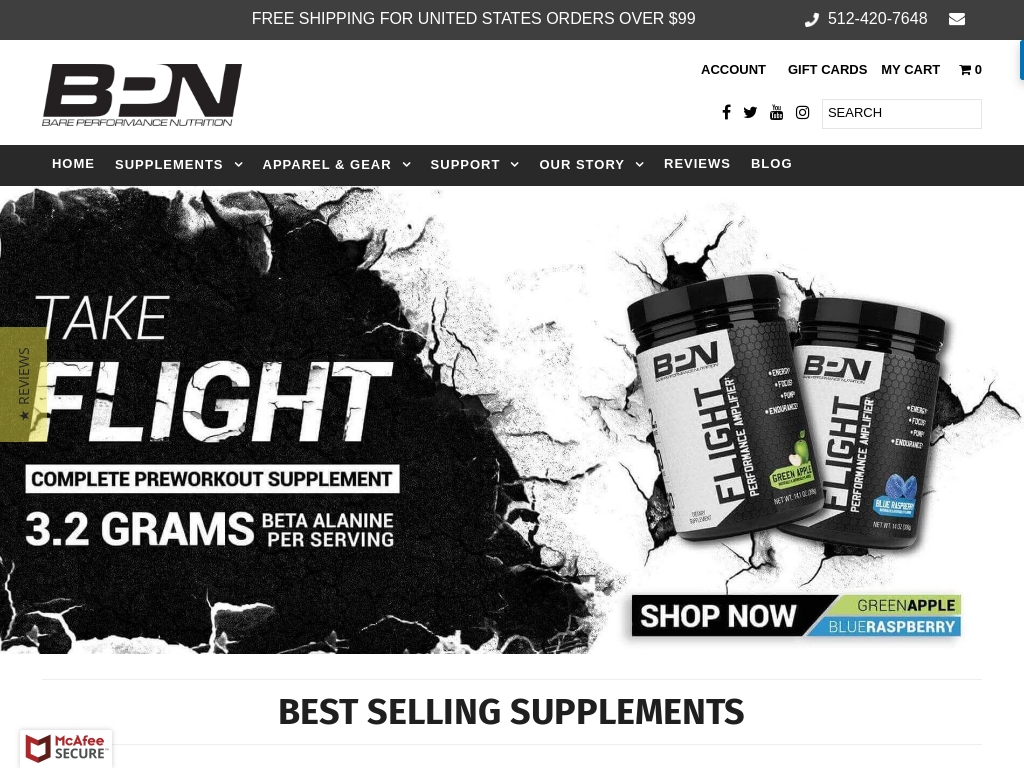
9. Renogy ($39.2M/year)
Yi Li, founder of Renogy, came up with the idea for his renewable energy company during his Ph.D. studies in Physics. Through a research project related to alternative energy, he saw the potential of solar power to change the world and make a positive impact. He founded Renogy with the aim of making solar accessible and easy to understand for the average consumer, starting from his apartment and now generating $60 million in annual revenue.
How much money it makes: $39.2M/year
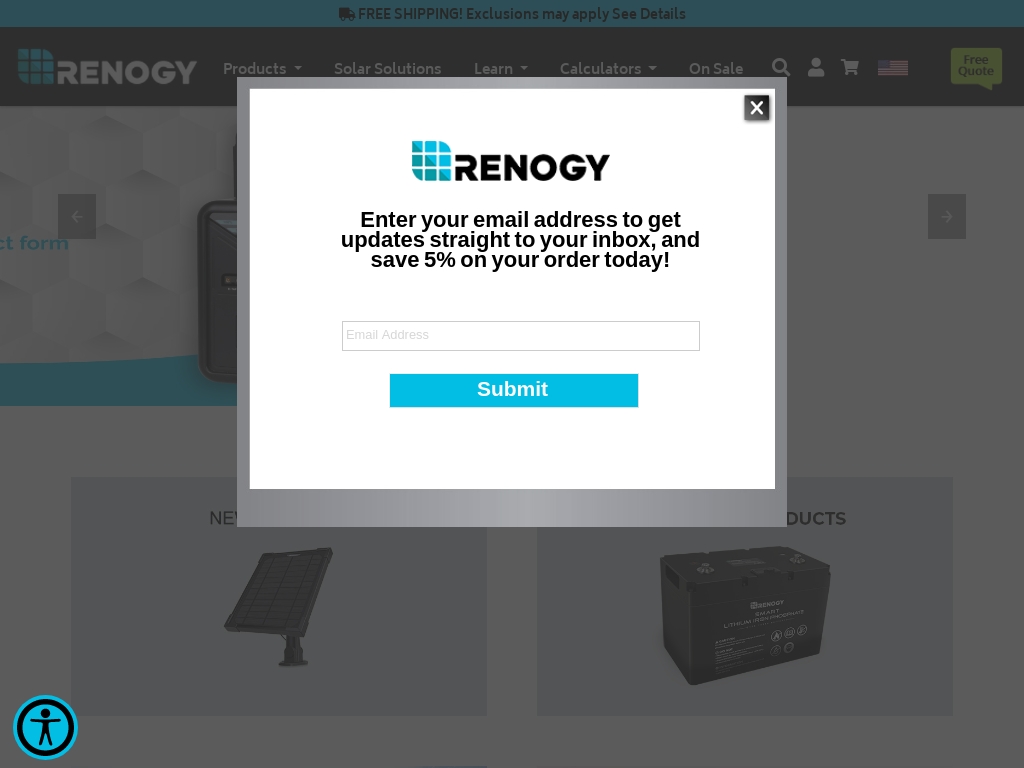
10. Growers House ($37.2M/year)
Nate Lipton, the founder of GG Growth, a group of cannabis and hemp companies, came up with the idea for his business after working for various cannabis-related companies and recognizing the potential in supplying equipment and services to the industry. With $150k in investments, Nate opened GrowersHouse.com in 2011 and focused on both an e-commerce store and a walk-in store to serve the growing market.
How much money it makes: $37.2M/year
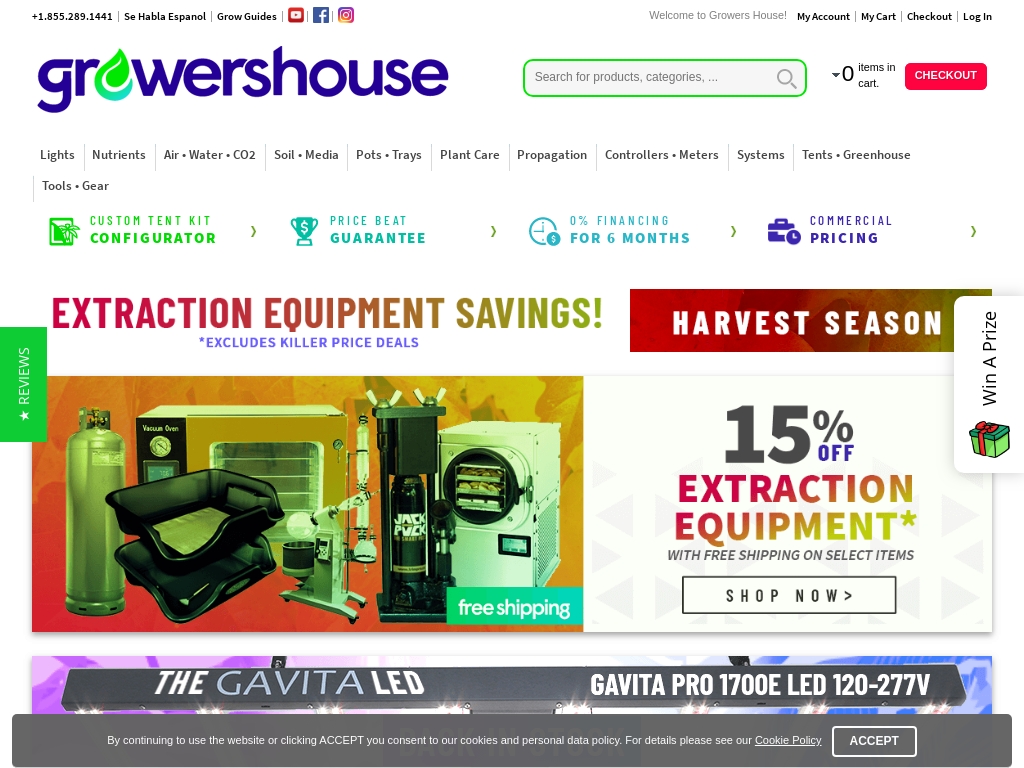

Download the report and join our email newsletter packed with business ideas and money-making opportunities, backed by real-life case studies.

Download the report and join our email newsletter packed with business ideas and money-making opportunities, backed by real-life case studies.

Download the report and join our email newsletter packed with business ideas and money-making opportunities, backed by real-life case studies.

Download the report and join our email newsletter packed with business ideas and money-making opportunities, backed by real-life case studies.

Download the report and join our email newsletter packed with business ideas and money-making opportunities, backed by real-life case studies.

Download the report and join our email newsletter packed with business ideas and money-making opportunities, backed by real-life case studies.

Download the report and join our email newsletter packed with business ideas and money-making opportunities, backed by real-life case studies.

Download the report and join our email newsletter packed with business ideas and money-making opportunities, backed by real-life case studies.






